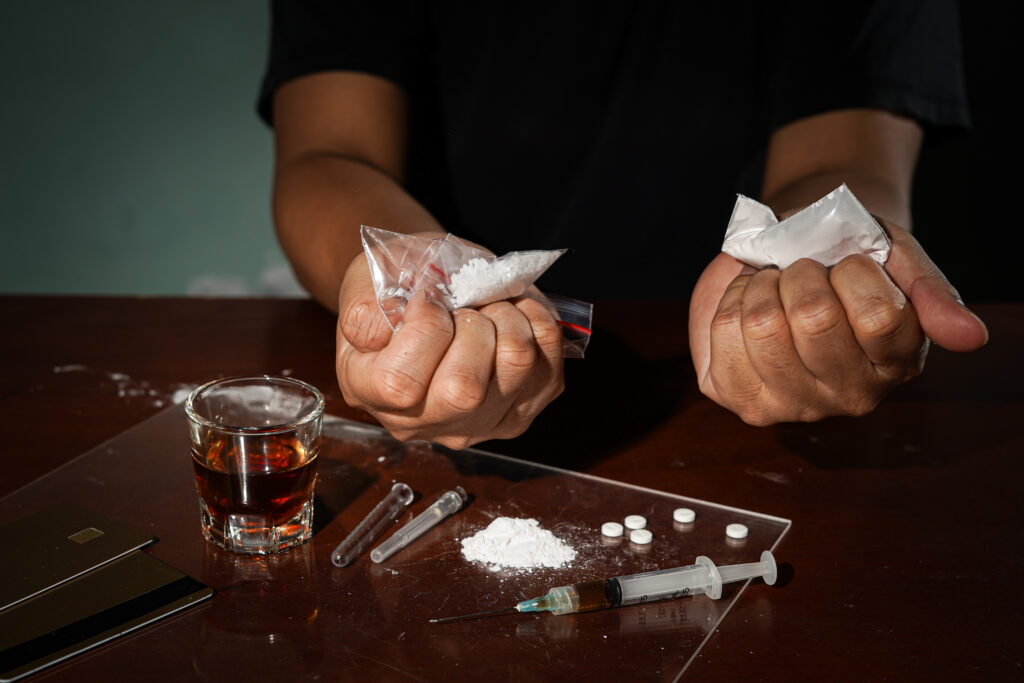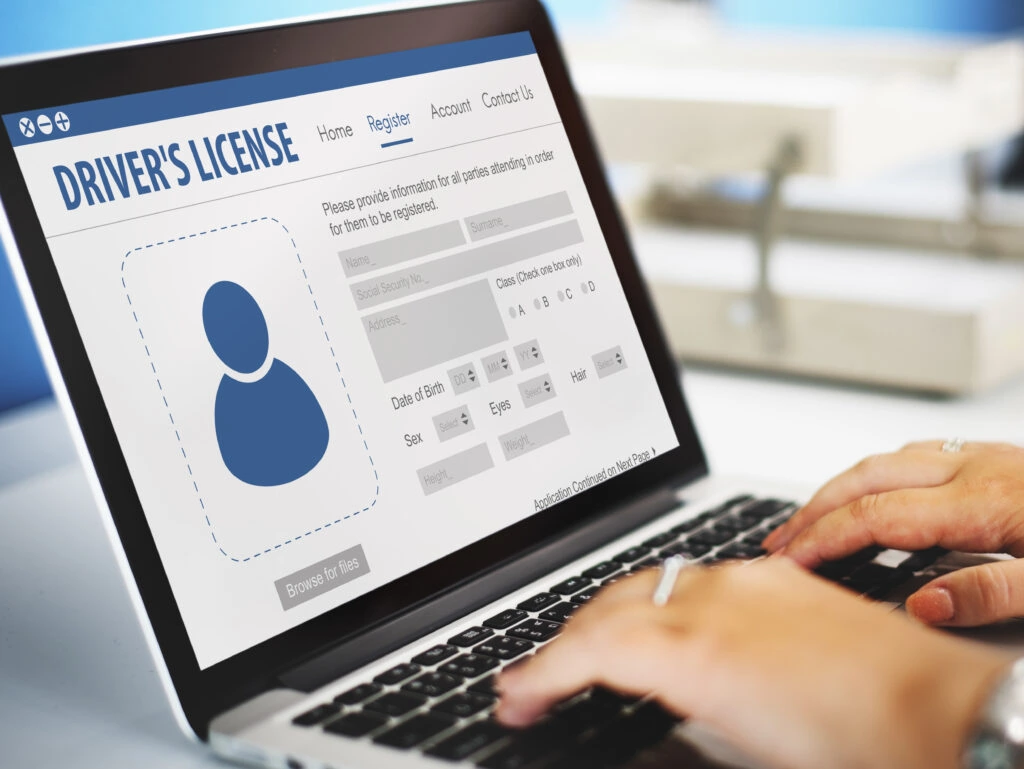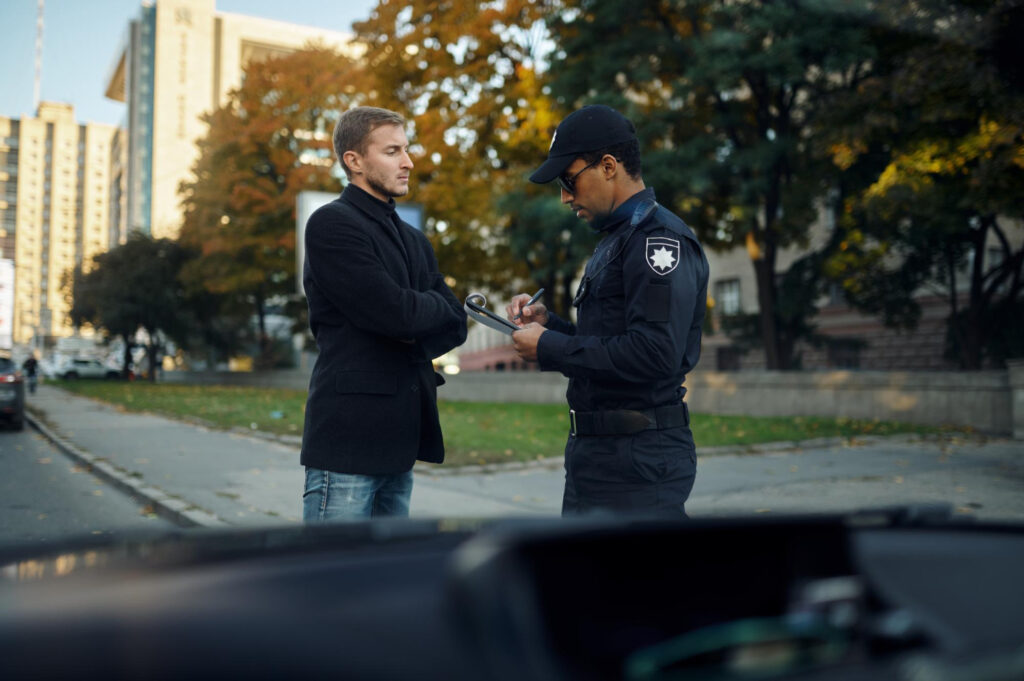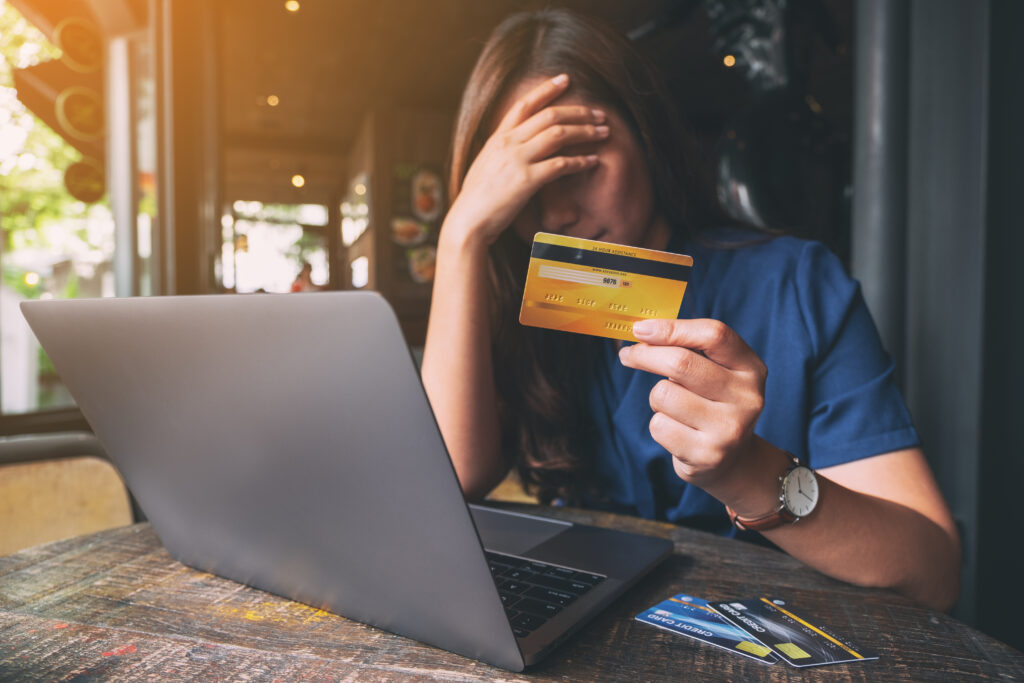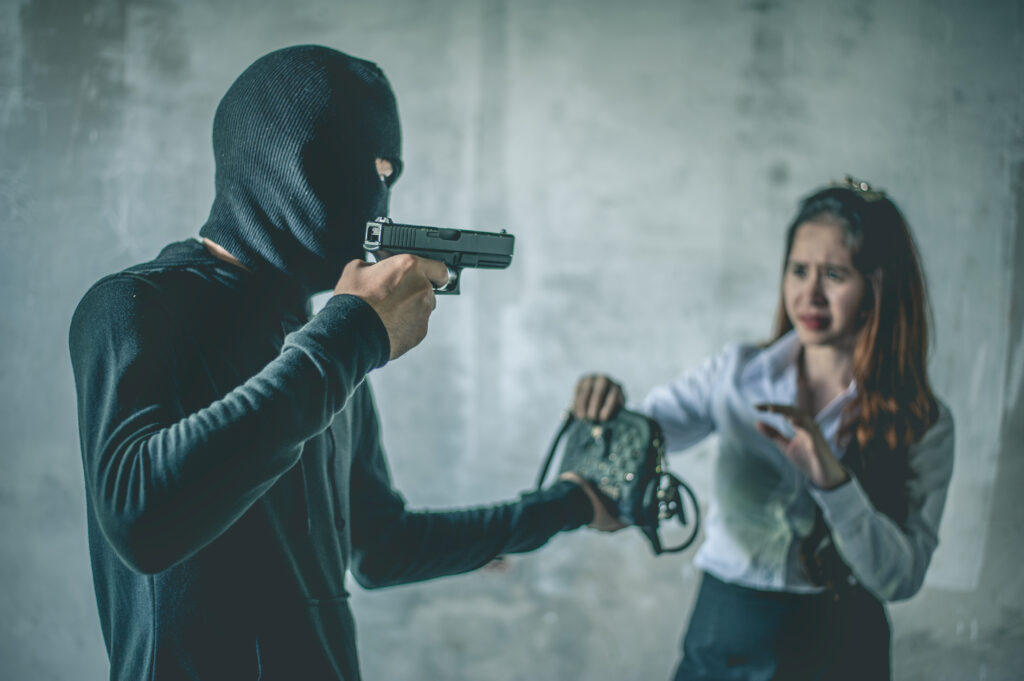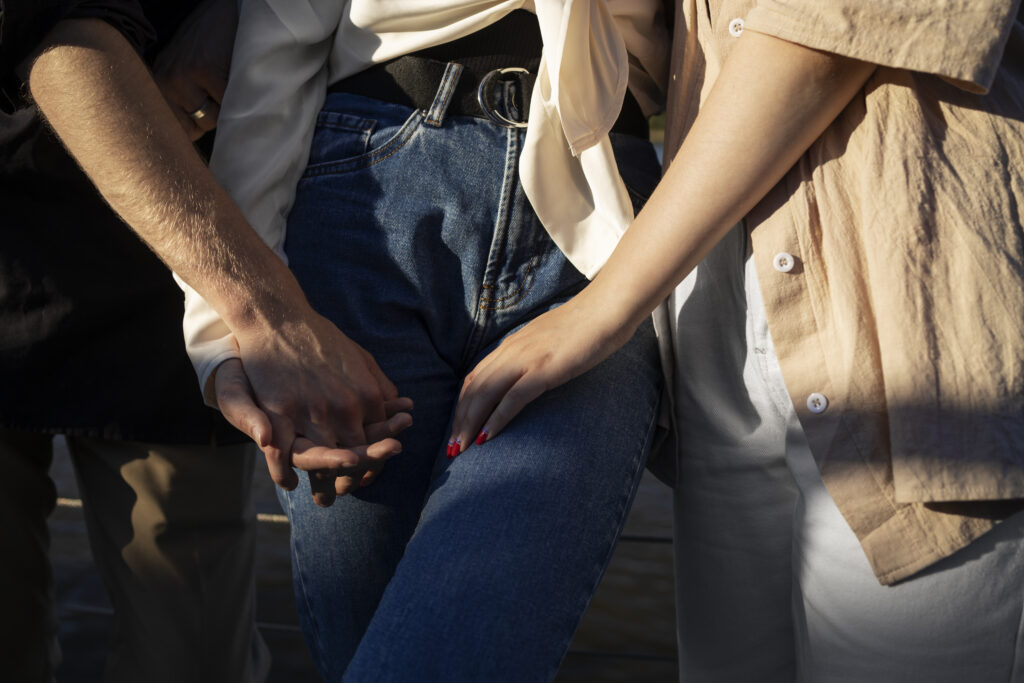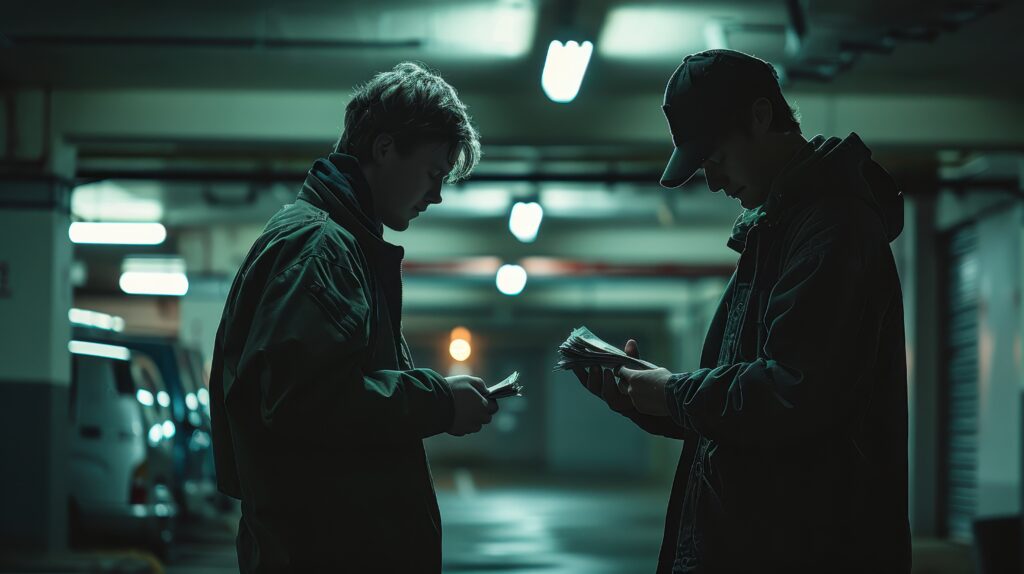You had a little too much to drink. You weren’t driving. You weren’t causing a scene (at least not in your eyes). Yet, the flashing lights appeared, and now you’re being cited or arrested for being drunk in public.
In California, public intoxication can sneak up quickly. It’s one of those charges that sounds minor, but it comes with real consequences and a hefty dose of confusion over what’s illegal.
Under California Penal Code §647(f), public intoxication is defined as being willfully under the influence of alcohol, drugs, or a controlled substance in a public place to the extent that a person is either unable to care for their safety or the safety of others, or is obstruction a street, sidewalk, or public way. In other words, it’s not illegal to be drunk in public; it’s illegal to be so intoxicated that you’re a danger or disruption.
A park bench nap after a night out? It could be fine. Stumbling into traffic or harassing random people on the street? That’s where you get into trouble.
Police officers have broad discretion to decide what qualifies as disruptive or dangerous. That means two people could be equally intoxicated, but only one may end up in handcuffs, depending on the officer’s judgment. This vagueness is part of what makes the charge frustrating and unpredictable.
Drunk in Public? Is it a Felony or a Misdemeanor?
In California, public intoxication is a misdemeanor offense, not a felony. However, don’t let the misdemeanor label fool you; it’s still a criminal offense with jail time, fines, and a record.
For a first-time offense, penalties may include:
- Up to 6 months in county jail
- A fine of up to $1,000
- Informal probation or alcohol education in some cases
But if you rack up three convictions within 12 months, the law gets stricter. A judge can require a minimum of 90 days in jail, unless the defendant is allowed to complete at least 60 days in a state-approved alcohol treatment program instead.
It’s also worth noting that public intoxication can be used to justify placing someone in protective custody for up to 72 hours, even without filing criminal charges, if they’re considered a danger to themselves or others.
Protective custody is known as a 5150 hold when mental health is involved, but similar temporary holds may apply under health and safety codes for substance-related impairment. You may not be arrested, but you could still be detained, transported, and placed under observation until you’re sober.
How Long Does Public Intoxication Stay on Your Record?
Unless you take steps to clear it, a public intoxication conviction in California stays on your criminal record indefinitely. Unlike a traffic ticket, it doesn’t disappear after a set number of years. It’s public, searchable, and accessible through most background check services unless expunged.
California allows eligible individuals to file for expungement under Penal Code §1203.4, but the process isn’t automatic. You’ll need to:
- Complete your sentence of probation
- Petition the court for dismissal
- Appear for a hearing in some cases
Even after an expungement, the conviction may still appear on certain background checks (like federal government applications), but it’ll be marked as dismissed.
The difference post-expungement is that you can legally answer “no” when asked if you’ve been convicted of a crime on private applications. However, government jobs, law enforcement, and professional licenses may still see and weigh the original conviction.
Does Public Intoxication Show on a Background Check?
Yes, public intoxication will show up on most background checks if it results in a conviction, and sometimes even if it doesn’t. Employers, landlords, licensing boards, and volunteer organizations often use services that scan criminal records for misdemeanors like this one.
Here’s what you need to know:
- A conviction is reportable indefinitely, unless expunged.
- Even arrests without a conviction may appear in law enforcement-level background checks.
- Some background checks used for jobs in education, healthcare, or finance may weigh public intoxication more heavily, especially if alcohol use raises safety or trust concerns.
This means a seemingly minor incident at a concert or bar could show up years later when you’re applying for a job, loan, or lease.
In some cases, background check providers may pull incomplete or outdated information. If your record was expunged or dismissed, you may need to provide supporting documentation to correct or dispute what shows up. Being proactive makes a significant difference.
Defense Options
The good news? Just being arrested doesn’t mean you’ll be convicted. There are several effective defenses against a public intoxication charge, depending on the circumstances.
Common defenses include:
- Not in a public place. If the incident happened inside a private residence, fenced yard, hotel room, or other non-public space, it may not qualify under Penal Code §647(f).
- Not intoxicated to the legal threshold. Simply having alcohol in your system isn’t enough. The prosecution must prove that you were unable to care for yourself or were obstructing a public way.
- Wrongful arrest or mistaken identity. These charges often happen in chaotic settings, like bars, protests, and sporting events, where misunderstanding and misidentification are common.
- No evidence of public disturbance or danger. If you were cooperative, coherent, and not interfering with anyone or anything, the arrest may not hold up.
If you’re facing a charge, speaking with a defense attorney is essential. An experienced lawyer may be able to negotiate a dismissal, a diversion program, or even prevent charges from being filed at all.
Some counties offer informal diversion programs where you can attend alcohol education classes or perform community services in exchange for the charges being dropped. This is especially common for first-time offenders with no prior criminal record.
The Bottom Line
California’s public intoxication laws may sound simple, but they’re more than a slap on the wrist. A misdemeanor drunk-in-public charge can affect your freedom, finances, and future, especially if you don’t take it seriously.
While the law is designed to protect the public from disruptive or dangerous behavior, enforcement can be subjective. Whether loud, loopy, or unlucky, a charge under Penal Code §647(f) deserves awareness and attention.
The smartest move? Contact David L. Faulkner for legal support. Know your rights and stay informed!



